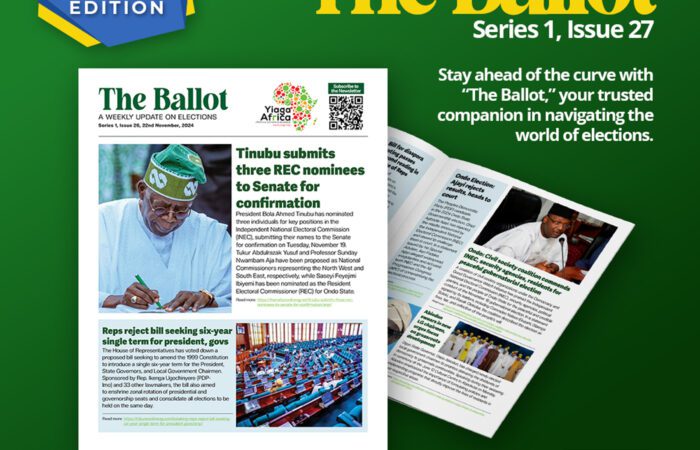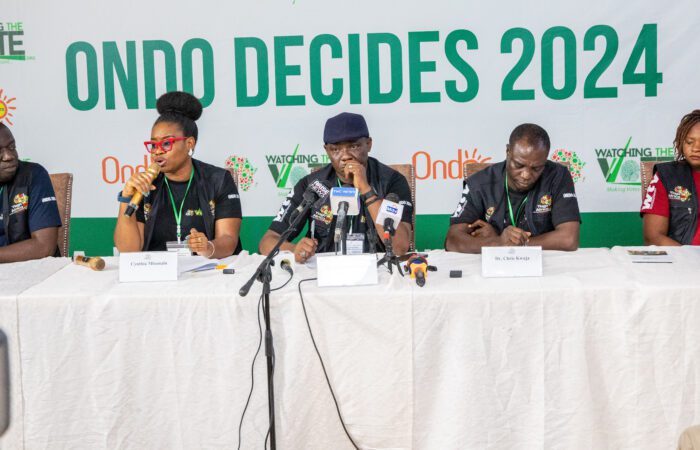There is a strong belief that democracy is for the good of the masses and is popularly defined as a ‘government of the people, by the people and for the people’. However, the gross misconduct, manipulations and undemocratic nature of some politicians and their political parties often gives an impression that the will of the people doesn’t matter when pitted against the personal interest of the politicians. This causes a loss of confidence in the system on the part of the citizens.
The recently concluded Plateau State Local Government election has become the latest template to describe a flawed electoral process as independent observers who keenly observed the process raised serious concerns about the credibility of the process. Right from the pre-election phase, observer group, called Plateau State Coalition on Electoral Reforms and Good Governance (PLASCER) complained about the poor engagement of stakeholders before the election, thereby limiting the information about the process in the public domain and ultimately resulting in poor voter information and education.
Report also has it that parties that contested in the Plateau State Local Government Elections Also, were passive in engaging the electoral process before the election. These factors set the stage for public distrust in the process from the onset and put the integrity of Plateau State Independent Electoral Commission (PLASIEC)
Doubts in the process began to creep in when on the Election Day (10th October 2018), there was a notable delay in the arrival of PLASIEC polling agents and materials in some parts of Langtang North, Langtang South, Qua’anpan, Shendam, Pankshin and other LGAs. This was followed by reports of malpractices such as use of ballot papers which had already been thumb printed, ballot box snatching, multiple voting, incidences of fake result sheets, and cases of underage voting in most LGAs. One of the most disturbing occurrences was the absconding of Returning Officers (ROs) in some Local Governments, and in the case of Mikang Local Government, Election Officials (EOs) and Retuning Officer (RO) disappeared at some point during the collation of results. Similarly, in Bassa and Bokkos LGA’s, the Retuning Officers absconded before the final collation of results, but winners were announced at the PLASIEC State Headquarters and hurriedly sworn in by the Governor. In Lantang North and Mangu, results came in but were not collated at the Local Government level and the elections in those Local Governments were declared inconclusive for no justifiable reason.
The election process was largely marred by irregularities and gross misconduct that were showcased in the open. The electorate frowned at the process and protested en-masse. As tensions were raised, violence erupted in Mikang and Qua’anpan LGA’s where youth attempted to burn the PLASIEC offices. In Bassa LGA, Hon. Sarah Balis’s house was set a blazed (the woman who emerged as the winner of the election).
This farce of an election raises the question about the fate of democracy in Nigeria, where the will of the people is not respected, no legitimate government can emerge. This must be corrected before the 2019 General Election for the unity and progress of the country.
Gabriel is a Zonal Program Officer with YIAGA AFRICA’s WatchingTheVote






